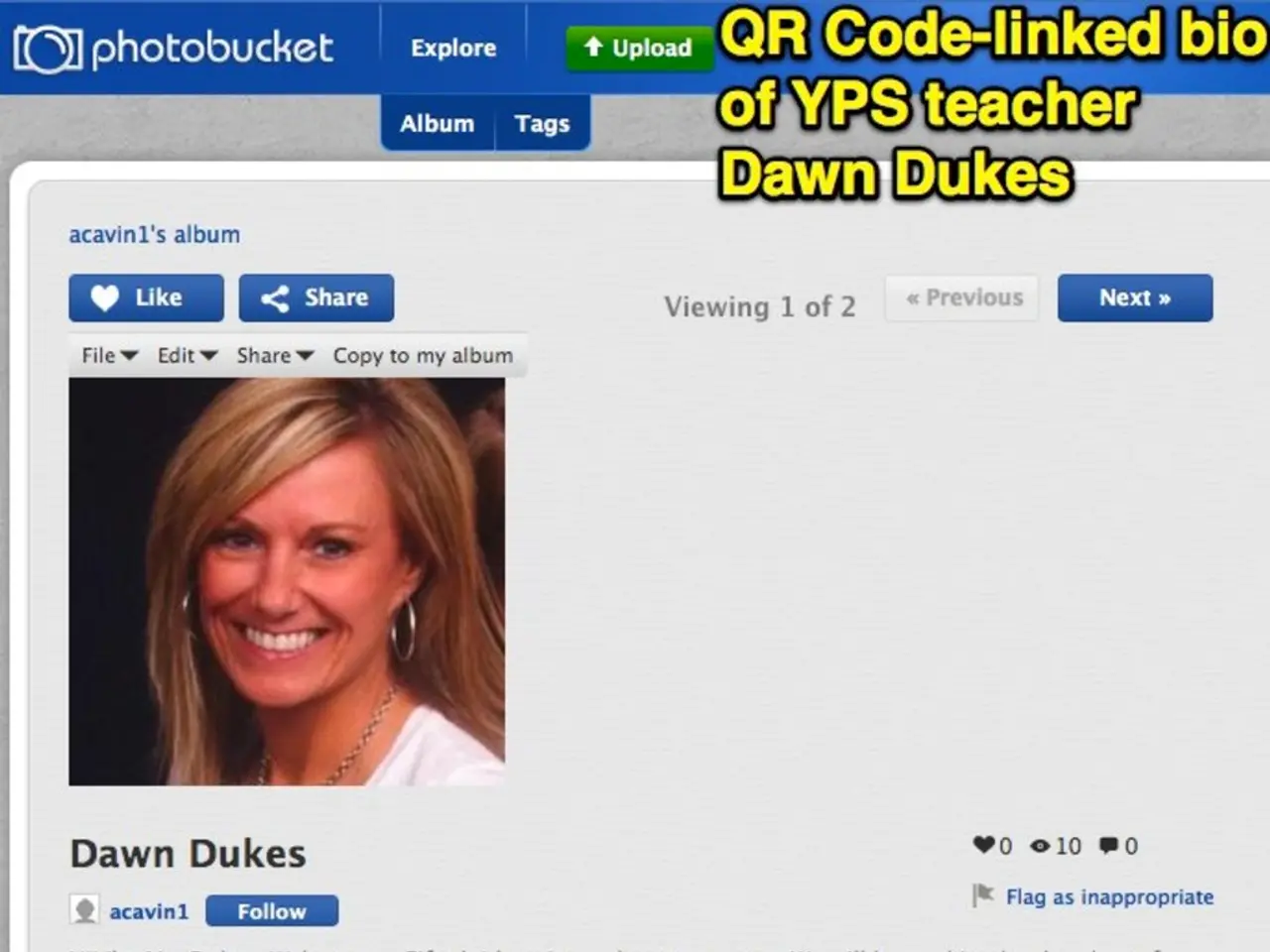Wagin' the Price War: BGH's Take on Deceptive Advertising
Discussion underway at BGH regarding price-cut ads - Advertising negotiations carried out at a lower cost by BGH
The Office for the Suppression of Unfair Competition raised eyebrows over a questionable advertising campaign and sued the culprit for lying to customers. After a hearing at the Higher Regional Court of Nuremberg, the office mostly won its case in September 2024. The verdict declared that consumers were left in the dark about the extent of the price cut, making the advertisement deceitful. Netto, the perpetrator, decided to appeal the decision to the Federal Court of Justice (BGH).
Around the same time in September, the European Court of Justice (ECJ) delivered a ruling on price reductions in advertising, which had a significant impact on the BGH case. The ECJ decided that a price reduction should be calculated based on the lowest price of the previous 30 days.
The Lowdown on the Legal Landscape
The BGH's ruling in advertising with reduced prices is significantly influenced by the ECJ's interpretation regarding the calculation of price reductions for comparative advertising.
The ECJ's recent ruling shed light on the conditions for lawful comparative advertising, specifically when a reduction is broadcasted. The dispute aboard the German insurance group HUK-COBURG and the comparison website Check24 revolved around grading and price comparison methods. The ECJ reviewed the Directive's criteria for legal comparative advertising but noted that the Directive failed to define who qualifies as a competitor for such comparisons.
The ECJ noted that even if comparisons are based on grading or points systems instead of direct price figures, the conditions for lawful comparative advertising could still be met. This influences how price reductions should be displayed and calculated in advertising, impacting the German courts' evaluation of advertising practices.
In response, the BGH concurs with the ECJ's approach, meaning that advertising with reduced prices should truthfully and fairly represent comparisons that comply with EU law. Price reductions must consider an objectively verifiable previous price that consumers could access, and the advertisement should not incite confusion regarding the timing or legitimacy of the price reduction. The BGH turns to the ECJ ruling to combat unfair competition and protect customers from misleading advertising practices related to price decreases.
So the current ruling states that:
- Advertised price reductions must be grounded in actual previous prices that were accessible to consumers.
- Comparative advertising featuring reduced prices should abide by the fairness criteria under the EU Directive on comparative advertising, as interpreted by the ECJ.
- Misleading price representations or unfair comparison methods are prohibited under German law on unfair competition.
This legal framework mirrors EU standards, ensuring that price reduction advertising is transparent, verifiable, and fair, consistent with both the BGH and ECJ jurisprudence.
A more recent BGH judgment that contradicts or expands upon this has yet to surface, so the relationship between the ECJ's ruling and the application of fair advertising principles by the BGH remains the current legal standard.
In the context of the BGH's ruling on deceptive advertising, the European Court of Justice (ECJ) significantly influenced the BGH's interpretation regarding price reductions in advertising. The BGH now concurs that advertising with reduced prices should truthfully and fairly represent comparisons that comply with EU law, using objectively verifiable previous prices and avoiding misleading representations or unfair comparison methods. Finance and business entities must adhere to this legal framework to prevent breaches of the law against unfair competition.






